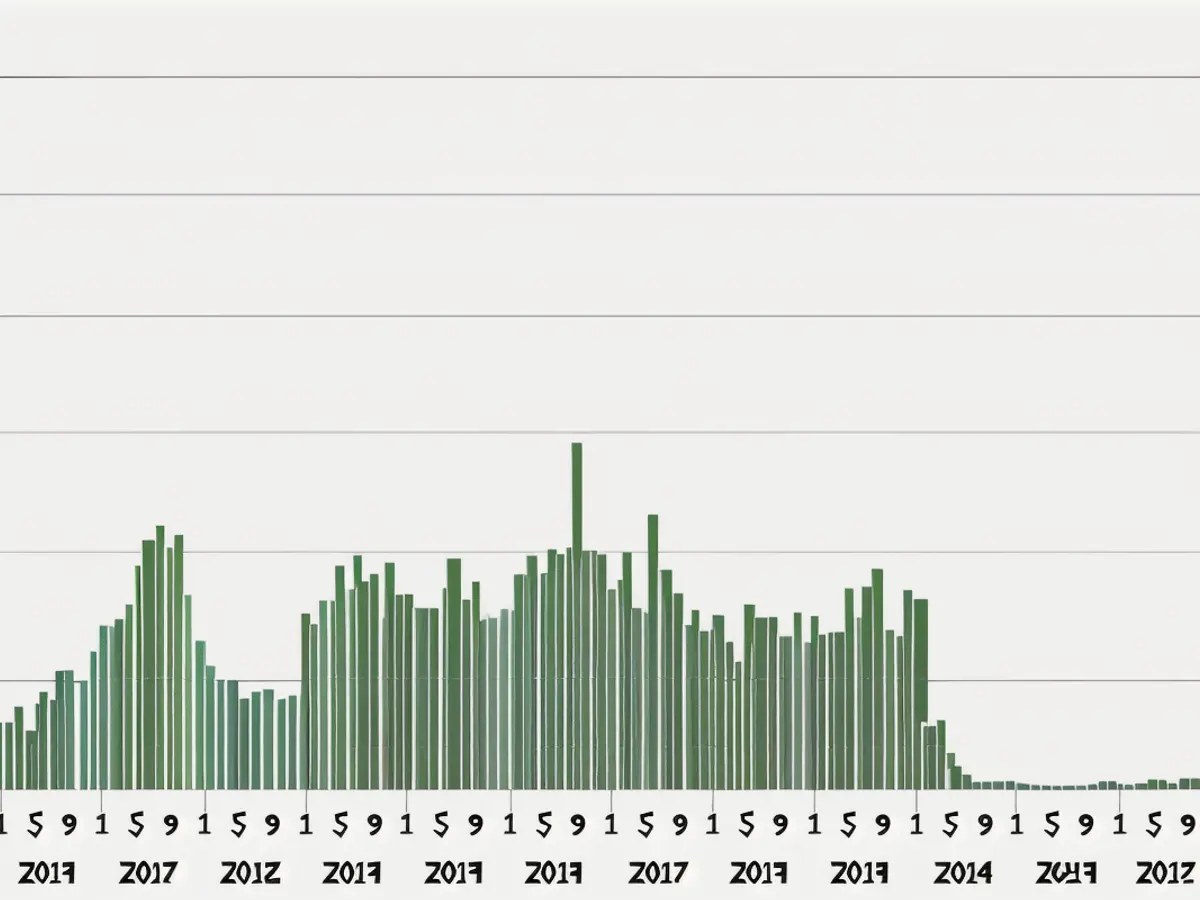Germany witnessing an increase in whooping cough incidents
Whooping cough is among the most common respiratory tract infections globally, and it's quite contagious. This year, the number of cases in Germany has been unusually high. A medical expert shares possible reasons behind this surge.
Around 4,500 cases of whooping cough have been reported to the Robert Koch Institute (RKI) in Germany by mid-May this year, which is notably higher than the 1,500 cases from the same period in 2023. Across Europe, an approximate 32,000 cases were reported in the first three months of this year, just slightly below the average of 38,100 cases per year from 2012 to 2019.
Pediatrician and epidemiologist Viktoria Schönfeld offers potential explanations for this trend. "There are natural fluctuations causing high numbers every three, four, or five years. It's possible we're seeing that now," said the RKI expert. Schönfeld also mentioned that similar trends have occurred in other western countries.
Schönfeld attributed the increase in part to 'catch-up effects'. She explained that during the COVID-19 pandemic, many people lacked exposure to whooping cough, as infection control measures limited near-constant exposure. This led to a lowered immunity among the population and a more widespread outbreak.
The expert reassured that the situation in Germany is not particularly alarming. "We're having a year with a lot of whooping cough cases, but there have also been years with more whooping cough cases in the first quarters."
Infants at Risk
The RKI notes that infected individuals often experience prolonged coughing fits that may continue for weeks or months. Healthy adults with no risk factors can recover without major issues, but Schönfeld cautioned that whooping cough is highly dangerous for infants, especially those under six months old.
"Whooping cough is very dangerous for infants," she emphasized. "When infants fall ill, they can become lethargic and stop drinking. They don't usually exhibit whooping cough symptoms like coughing fits. Instead, they may stop breathing, making it a potentially more severe situation."
Although deaths from whooping cough are rare in Germany, Schönfeld highlighted the importance of vaccination. In Germany, infants receive three vaccinations at two, four, and eleven months of age. However, the vaccine's effectiveness dwindles over time.
To protect infants, booster vaccinations are necessary. Schönfeld stressed the need to improve vaccination rates for adolescents and adults, which is currently only around 40% in Germany, particularly for pregnant women.
"Whooping cough is incredibly contagious," she warned. The RKI reported a 93% vaccination rate for school starters in Germany in 2018.

Read also:
- This will change in December
- Dikes withstand water masses so far - Scholz holds out the prospect of help
- Fireworks and parties ring in 2024 - turn of the year overshadowed by conflicts
- Attacks on ships in the Red Sea: shipping companies avoid important trade route
Source: www.ntv.de








